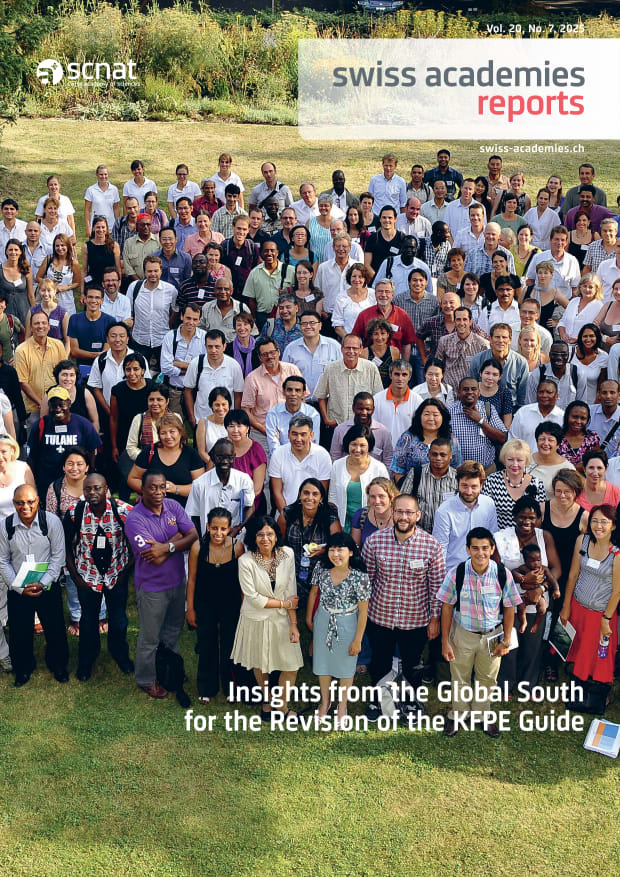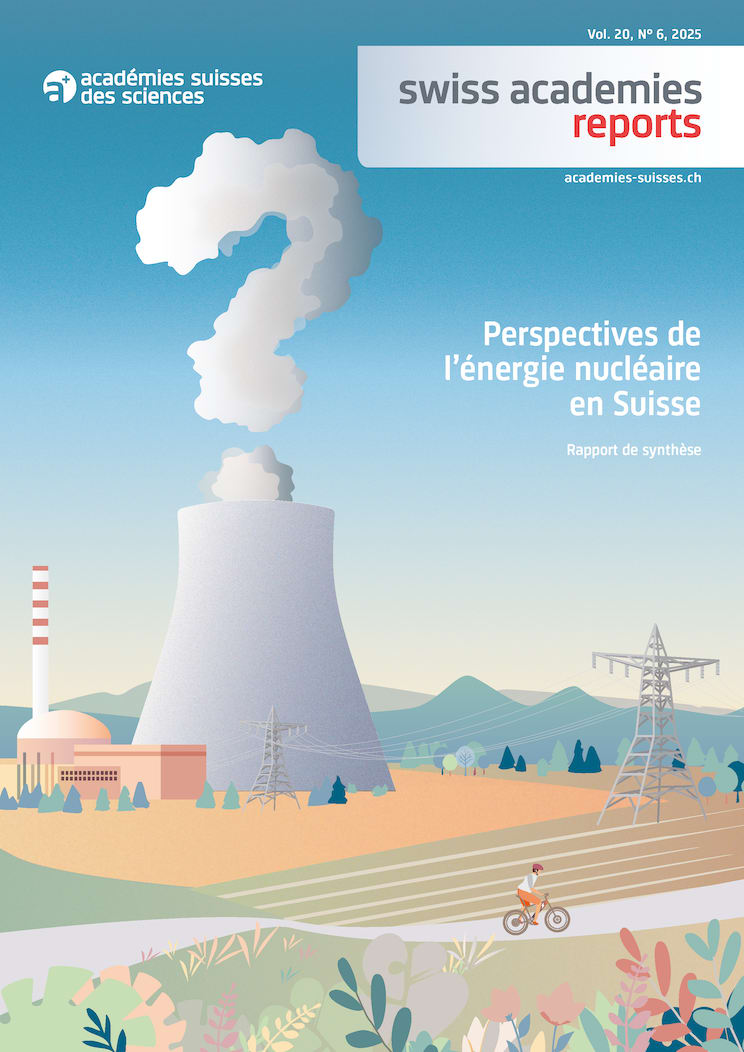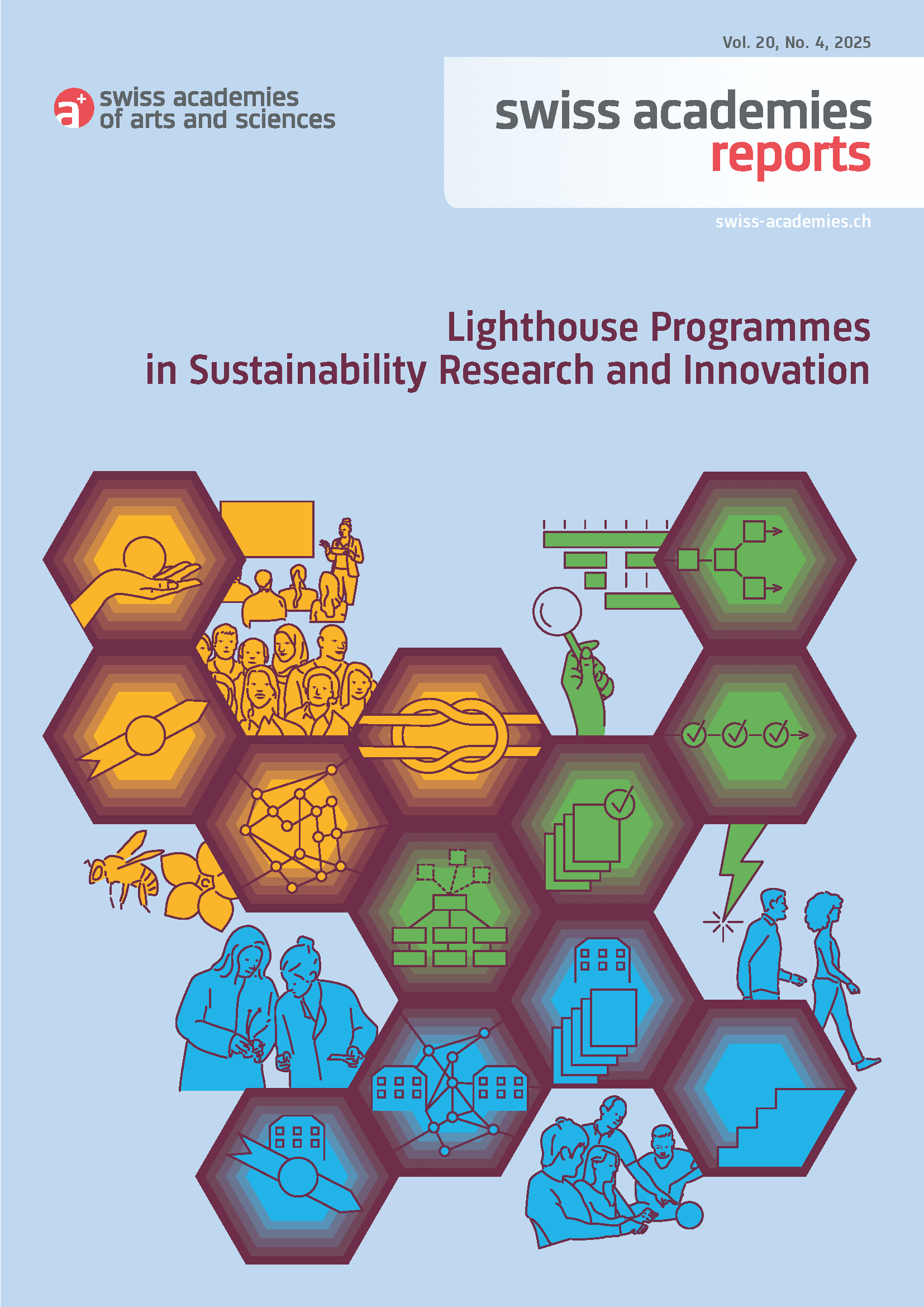Académies suisses des sciences a+
The general part of the sciences. Towards the unity of science and a real studium generale
It is obvious that we humans have a global responsibility, also in our own interest. In this situation, however, we lack not only a holistic strategy and an organisation capable of acting globally but also generalists who understand the bigger picture, who can discern the relevant connections and who – thanks to holistic methods – can propose and implement holistic solutions. Without this strategy, without this organisation and without these generalists, our future will increasingly become an odyssey in dense fog with a high probability of collapse.
The project “Unity of science and a real studium generale” has, in fact, the not-so-modest aspiration of providing the foundations not only for the strategy and organisation mentioned above but, above all, for the urgently needed generalists. When building these foundations, we must first of all bear in mind that our world today is increasingly dependent on the sciences (from German: Wissenschaften), if only because of the growing complexity. Secondly, our fundamental problems such as energy, the environment and population growth are transdisciplinary problems in scientific terms. These problems elude the grasp of the individual scientific disciplines – also when they are added together in a more interdisciplinary approach. Rather, we need additional transdisciplinary approaches that can unite the scientific disciplines under superordinate aspects and thereby change them: It is a matter of bringing together the different scientific disciplines, which is tantamount to a second enlightenment. Thirdly, today‘s sciences cannot guarantee this transdisciplinarity because they are led by specialists and lack the necessary generalists.
In order to guarantee this transdisciplinarity, the general part of the sciences is required as a basis in which the individual scientific disciplines can be embedded. This leads to the unity of science. And on this basis, the unity of science, a real studium generale of two semesters‘ duration must be institutionalised at our universities. Such a studium generale is therefore a real studium generale because, in contrast to existing studia generalia, it is holistic. This studium generale could also be called studium fundamentale. The graduates of this real studium generale are the generalists we so urgently need. And these generalists should ultimately be able to assume our responsibilities in the Anthropocene, in cooperation with all of us, especially with regard to strategy and organisation.
Saner, Luc (2023). Allgemeiner Teil der Wissenschaften. Auf dem Weg zur Einheit der Wissenschaft und zu einem echten Studium generale.




